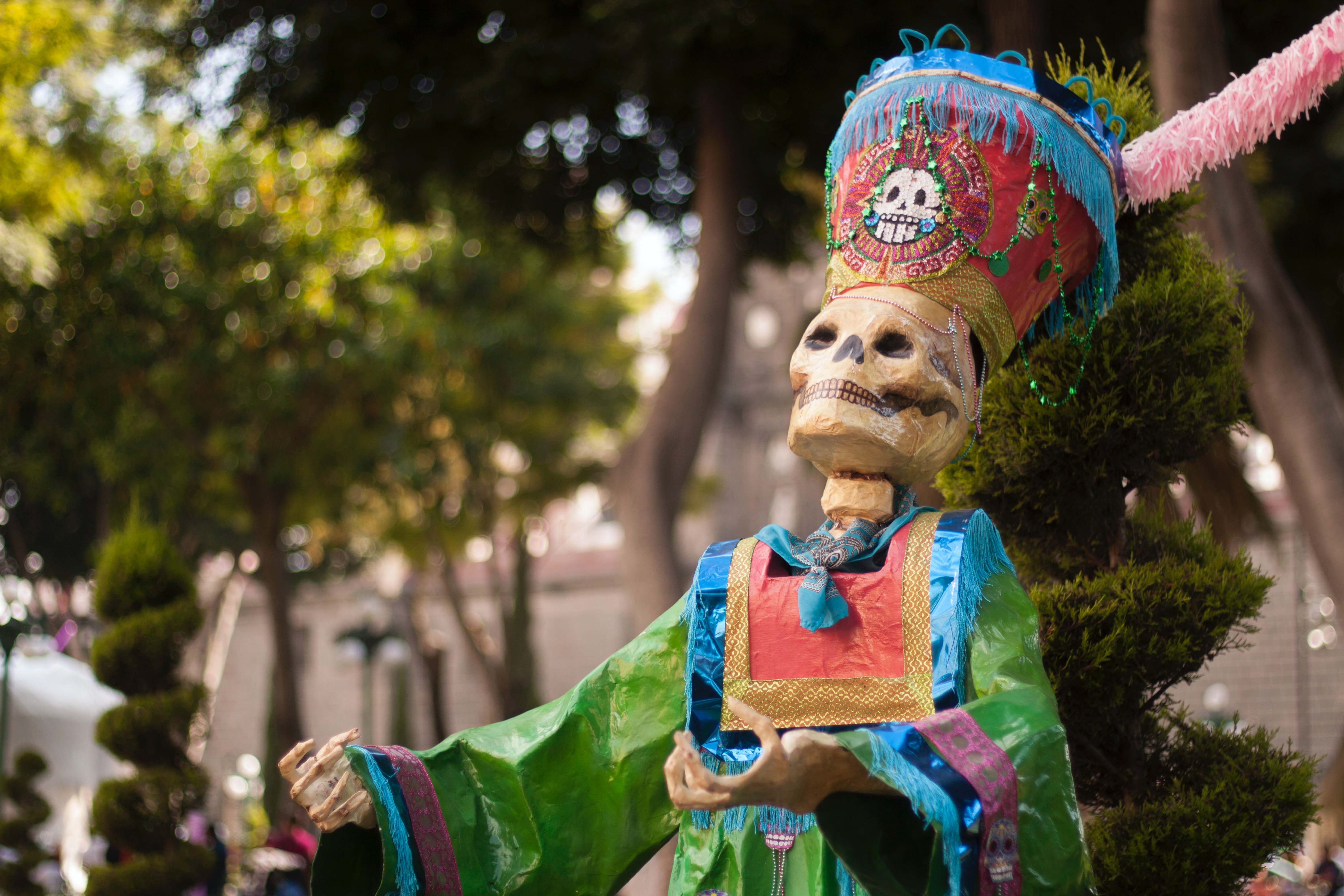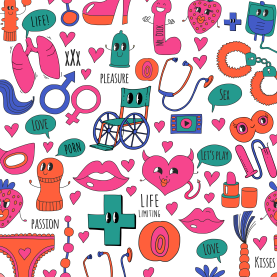Rituals can be an incredibly important feature of what happens after someone dies. There are often specific rituals – rites, ceremonies, or practices – and actions that are performed to mark the death. Some are designed to help the departed in their transition between the humanly world and the afterlife. Some rituals can help reduce the anxiety or distress of the bereaved, giving them something to focus on and a way to connect with those around them. And whilst we may often think of rituals as being ‘traditionally’, many are constantly evolving and are shaped by shifting cultural values and technology.
So, which country has professional mourners and where were funerals live-streamed before the practice became so popular during the Covid pandemic? You can find out more in this short cartoon, where Dr. Erica Borgstrom explores some of the different customs and traditions that people throughout the world perform in relation to the end of life.













Rate and Review
Rate this video
Review this video
Log into OpenLearn to leave reviews and join in the conversation.
Video reviews